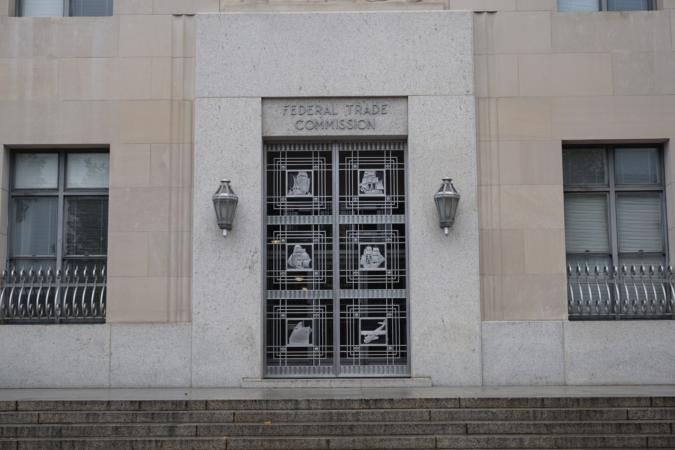An Illinois based car-dealership has found itself on the paying end of a $10 million settlement with the Federal Trade Commission (FTC) and the state attorney’s office. The settlement comes after numerous claims that the car dealer was charging illegal fees and adding additional finance charges to its Black customers.
As reported by the Chicago Tribune, Ed Napleton Automotive, headquartered in Oakbrook, IL was among nine other dealerships in Illinois, Florida, Pennsylvania, and Missouri with complaints filed for similar discriminatory practices.
According to the local news outlet, the joint settlement was filed in Chicago federal court alleging the dealerships across multiple states charged up to thousands in additional products like paint without any prior consent.
The complaint against the dealership also alleges that Black customers were charged an estimated $190 more in interest and paid about $99 more for similar add-ons than white customers, the FTC released in a statement.
“Working closely with the Illinois Attorney General, we are holding these dealerships accountable for discriminating against minority consumers and sneaking junk fees onto people’s bills,” Samuel Levine, director of the FTC’s Bureau of Consumer Protection, noted in its statement. “Especially as families struggle with rising car prices, dealerships that cheat their customers can expect to hear from us.”
Despite the joint claims filed in the respective courts, Napleton is standing ten toes down on its innocence.
“The Ed Napleton Dealership Group has resolved disputed claims made by the Federal Trade Commission and the Illinois Attorney General’s office,” spokesperson Tilden Katz said. “We made this decision to avoid the disruption of an ongoing dispute with the government. As a result, we reluctantly determined that it was in our best long-term business interests to resolve these matters.”

Who Are They?
The Ed Napleton Dealership Group was founded in 1931 as a family-owned business. Since its inception, it has grown to be one of Illinois’ largest automotive groups. The group has 51 dealerships in eight states.
Not a New Occurrence
The Tribune also reported that the automotive company had been in legal trouble before in April 2021 for breaking Illinois auto advertising regulations with a direct mail campaign offering a $3,000 gift card toward the purchase of a new car.
According to state law, car dealers are prohibited from offering free gifts regarding the purchase or lease of a vehicle where the final price is reached through negotiation.
The Final Verdict
The FTC statement noted that the dealership would often wait until the end of the hours-long negotiation process to sneak junk fees for add-on products and services into consumers’ purchase contracts.
“Working closely with the Illinois Attorney General, we are holding these dealerships accountable for discriminating against minority consumers and sneaking junk fees onto people’s bills,” Samuel Levine, director of the FTC’s Bureau of Consumer Protection, said, according to the outlet. “Especially as families struggle with rising car prices, dealerships that cheat their customers can expect to hear from us.”
The final contracts given mostly to its Black customers would be up to 60 pages in length and included junk fees regardless of whether the customer declined add-ons or not.
Katz, the spokesperson for Napleton, stated that the settlement is the result of a three-year investigation against the car dealer.
As a result of the allegations and investigation, Napleton is a part of a record-setting automotive lending case. Affected consumers will find relief with $9.95 million of the $10 million directly distributed to them through the FTC. The remaining $50,000 will be paid to a special fund of the Illinois attorney general’s office for public education and law enforcement.
In addition to paying funds to the consumers, the settlement agreement will require the dealership to implement a fair lending program that alleviates interest hikes and bogus fees.
According to Katz, Napleton has already worked toward a solution that involves “additional safeguards to ensure full transparency to our customers.”

